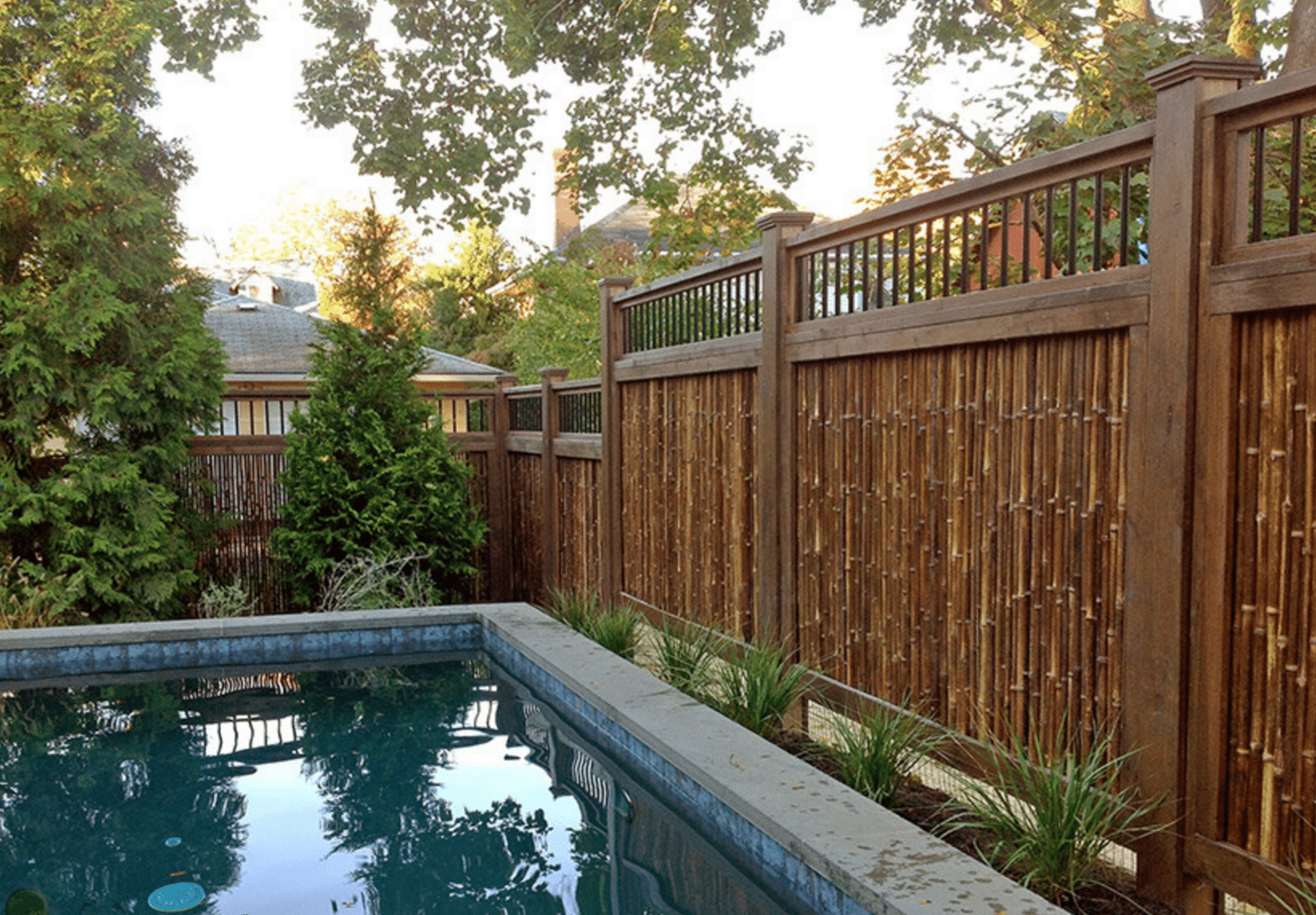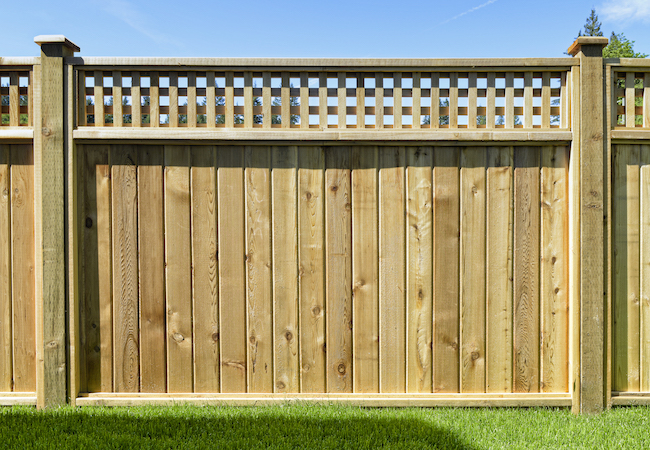Featured

When setting up a fencing, selecting the ideal material is vital to stabilizing performance, aesthetic appeals, and spending plan. Wood, plastic, and light weight aluminum are among the most generally chosen fencing materials, each with its downsides and staminas. This overview discovers the benefits and drawbacks of these alternatives to aid you make an educated choice.

Wood Fence. Pros:. All-natural Charm: Wood's ageless charm can enhance any property with its classic and cozy appearance. Adjustable: You can paint, tarnish, or carve wood to fit your style preferences. Budget-friendly: Timber fencing is at first extra economical compared to some various other products. Eco Friendly: As an eco-friendly resource, wood is naturally degradable and frequently considered green. Disadvantages:. Maintenance-Intensive: Normal sealing, paint, or discoloration is called for to stop damage from weather and bugs. Prone to Decay: Without correct care, wood can rot, warp, or split over time. Much shorter Life-span: Typically, wood fences last 10-15 years, depending upon the sort of wood and upkeep. Wood is a fantastic option for those who value aesthetic appeals and are prepared to purchase routine upkeep to maintain its look and resilience.
Vinyl Secure Fencing. Pros:. Low Upkeep: Vinyl needs minimal treatment-- simply periodic cleansing with soap and water. Weather condition Resistant: It does not warp, rot, or surrender to insect damages, making it extremely sturdy in various environments. Longevity: Vinyl fencings can last 20-30 years with little to no repair work. Design Range: Available in a vast array of structures, shades, and styles, including wood-like appearances. Disadvantages:. Higher Initial Cost: Plastic fences are much more pricey upfront contrasted to timber. Vulnerability to Cold: In very cool climate, vinyl can end up being vulnerable and weak to fracturing. Limited Repair Service Options: Matching substitute panels can be challenging if damages occurs. Vinyl fence is ideal for house owners searching for a durable, low-maintenance solution that provides modern adaptability.

Aluminum Fence. Pros:. Rust-Proof: Aluminum withstands corrosion, making it an excellent selection for wet or damp atmospheres. Resilient: Despite being light-weight, light weight aluminum is strong and can stand up to rough climate condition. Reduced Upkeep: It requires minimal upkeep, normally only periodic cleansing. Long Life-span: Light weight aluminum fencings can last years without significant damage. Classy Design: Commonly made use of for ornamental functions, light weight aluminum fencing includes a streamlined, advanced want to properties. Disadvantages:. High Preliminary Financial investment: Aluminum fences are amongst the more expensive options on the market. Less Personal privacy: The open layouts usual with light weight aluminum secure fencing do not give much personal privacy. Prone to Damage: While durable, aluminum can damage if hit with sufficient pressure. Aluminum is an excellent option for homeowners prioritizing visual appeals and resilience without needing much maintenance.
Making Your Choice. When making a decision between wood, light weight aluminum, or plastic fence, consider your priorities:
Wood suits those that appreciate an all-natural appearance and do not mind placing in maintenance effort. Plastic is the finest choice for those looking for a low-maintenance, weather-resistant service. Aluminum supplies smooth style and durable longevity but may do not have privacy. By carefully assessing these materials' features, you can select a fence that enhances your home while meeting your visual and useful needs.
Latest Posts
Wheelchair Van Rentals for Comfy and Accessible Traveling in Skokie
Published Jan 22, 25
1 min read
Signs You May Need a Vision Screening Quickly
Published Jan 22, 25
0 min read
What Are the Distinctions Between Contemporary and Typical Furnishings Styles?
Published Jan 22, 25
0 min read
More
Latest Posts
Wheelchair Van Rentals for Comfy and Accessible Traveling in Skokie
Published Jan 22, 25
1 min read
Signs You May Need a Vision Screening Quickly
Published Jan 22, 25
0 min read
What Are the Distinctions Between Contemporary and Typical Furnishings Styles?
Published Jan 22, 25
0 min read